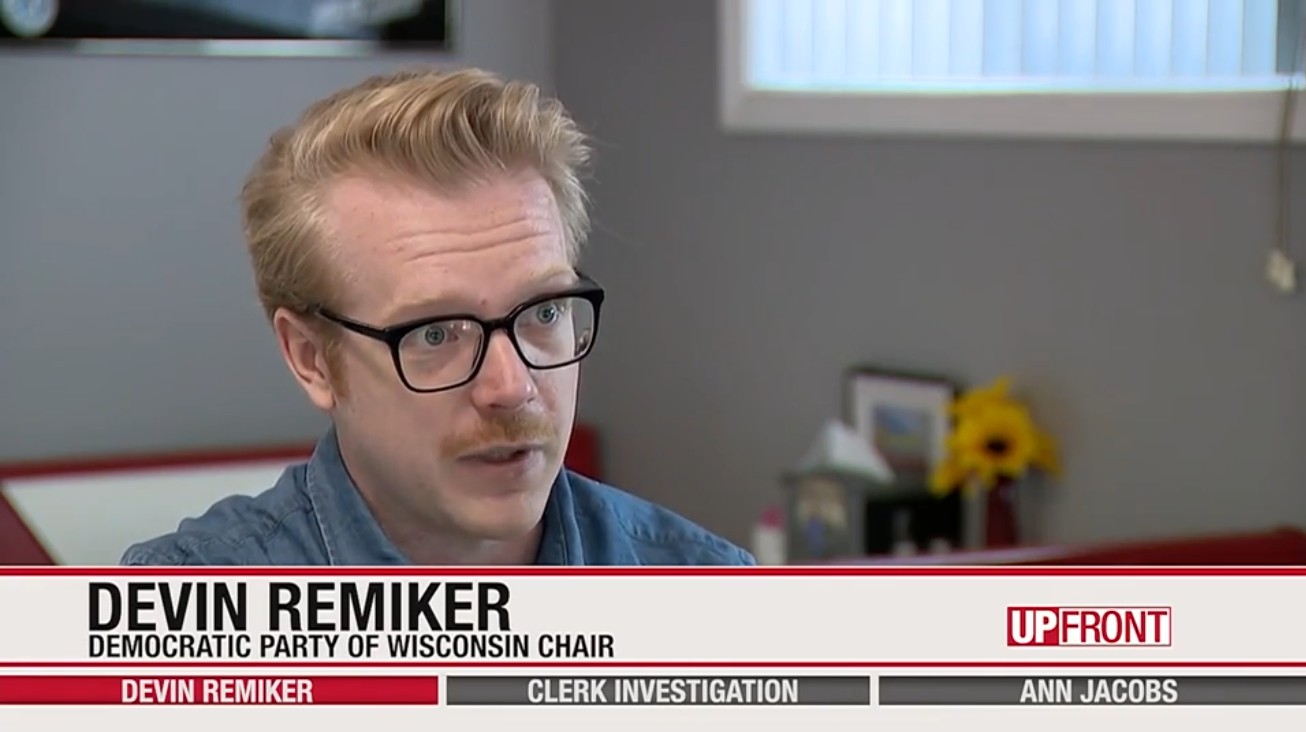Home » WisPolitics News » New state Dem chair tells ‘UpFront’ he’s praying Evers runs for third term

Devin Remiker, the newly elected chair of the Democratic Party of Wisconsin, says he "absolutely" wants Gov. Tony Evers to seek a third term. "I pray that he decides to seek reelection," Remiker said on WISN 12's “UpFront,” which is produced in partnership with WisPolitics. "But either way, I know the Democratic Party of Wisconsin will be in a great position to ensure he's either reelected or reel...